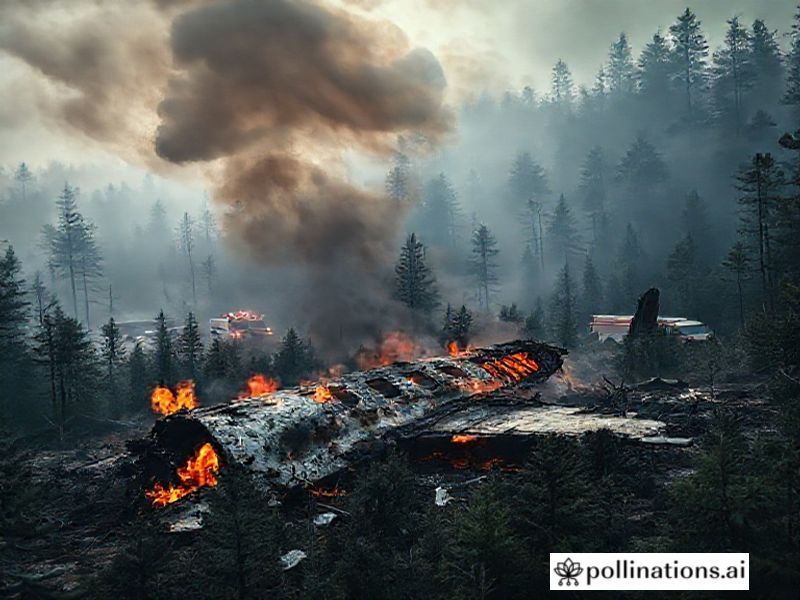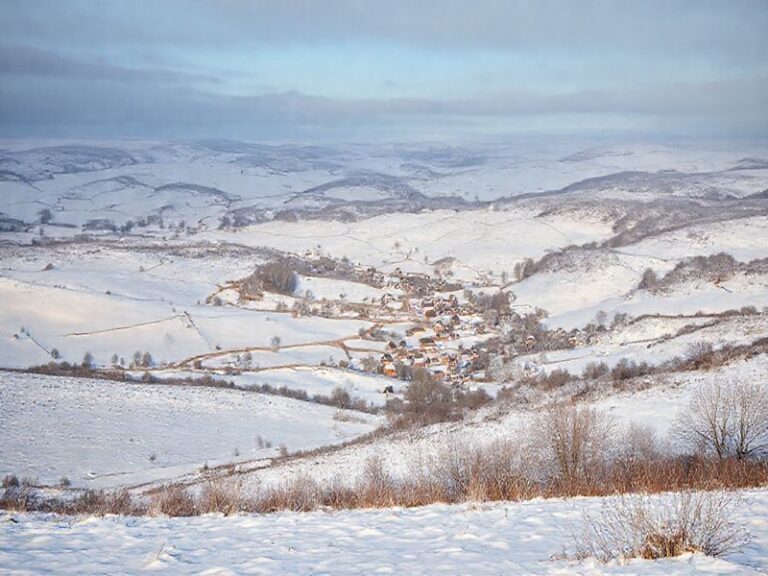When the Sky Falls: The Global Fascination with Plane Crashes
# When the Sky Falls: Why Plane Crashes Are Trending Globally
Alright, folks, let’s talk about something that’s been making waves across the globe—literally and figuratively. Plane crashes. Yes, it’s a heavy topic, but it’s trending, and we need to understand why. So, buckle up as we dive into the cultural context, social impact, and significance of this topic.
### Why the Sudden Buzz?
First things first, why is everyone talking about plane crashes right now? Well, it’s not just one incident that’s got the world chattering. It’s a perfect storm of factors. For starters, we’ve had a few high-profile incidents recently that have captured global attention. When a plane goes down, it’s not just a news story; it’s a collective gasp from millions of people around the world. It’s the kind of event that stops us in our tracks, makes us put down our phones, and pay attention.
But it’s not just the crashes themselves. It’s the way we consume news in the digital age. Social media algorithms are designed to keep us hooked, and nothing hooks us like a breaking news story with high stakes. The moment a plane crash is reported, it’s all over our feeds, our timelines, our news apps. It’s a viral loop of speculation, updates, and reactions.
### Cultural Context: Fear and Fascination
Plane crashes tap into a deep-seated cultural fascination with disaster. It’s a mix of fear and morbid curiosity. We’re drawn to stories of survival, heroism, and tragedy. It’s the same reason why we binge-watch disaster movies or read about historical catastrophes. There’s something about the scale of a plane crash that makes it both terrifying and mesmerizing.
But it’s not just about the spectacle. Plane crashes also touch on broader cultural anxieties. They make us question the safety of modern travel, the reliability of technology, and even the competence of those in charge. In an era where we’re already feeling a bit anxious about the state of the world, plane crashes can feel like a stark reminder of how fragile life is.
### Social Impact: The Ripple Effect
The social impact of plane crashes is profound. For one, they bring communities together in shared grief. We see this in the outpouring of support for the families of the victims, in the vigils, the donations, the social media tributes. It’s a reminder that, despite our differences, we’re all connected.
But plane crashes also have a ripple effect on the travel industry. Airlines scramble to reassure passengers, governments review safety protocols, and travelers reassess their own risk tolerance. It’s a domino effect that can have far-reaching consequences.
### Significance: More Than Just a Headline
So, why does this topic matter? Because it’s more than just a headline. Plane crashes are a lens through which we can examine our collective psyche, our cultural anxieties, and our social dynamics. They force us to confront our own mortality and the fragility of life.
Moreover, they highlight the importance of safety and regulation. Every plane crash is a wake-up call, a reminder that we can’t take safety for granted. It’s a call to action for better technology, stricter regulations, and more transparent communication.
### Conclusion: Looking Up, Not Down
In the end, the trend of plane crashes is a complex interplay of cultural, social, and technological factors. It’s a topic that resonates because it touches on universal fears and fascinations. But it’s also a reminder of our shared humanity and the importance of safety.
So, the next time you see a plane crash trending, take a moment to reflect. It’s not just about the crash itself. It’s about what it says about us, as individuals and as a society. And remember, the sky is vast, and the odds of a plane crash are slim. So, look up, not down. The world is still a beautiful place to explore.







